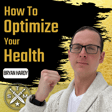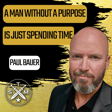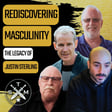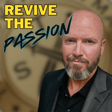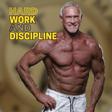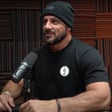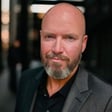
EP163: Matt Boudreau & Michael Ostrolenk - How To Raise & Educate Sovereign Children
Repeat guests, Matt Boudreau and Michael Ostrolenk are back for this panel episode discussing how to educate men—both adults and boys—in a way that fosters independence, independent thinking, and personal sovereignty. In a world where societal systems are failing to truly empower individuals, this episode explores how men can take conscious control of their own education and how parents can raise their children to be self-reliant, thoughtful.
Michael Osterling, with a background in education policy, shares his expertise on the current educational landscape, while the panel delves into solutions for guiding the next generation. Matt, Michael and Nicky discuss the issue of practices that judge children solely on their ability to repeat information and instead advocate for nurturing independent, thoughtful individuals. We also explore the "factory settings" that contribute to a child's development—such as sleep, exercise and nutrition—and how these factors impact their ability to learn and grow.
Matt and cofounder, Tim Kennedy, are the creators of Apogee Strong, a mentorship program with a ‘project and challenges’ philosophy where students work with mentors who exemplify the integrity our children and communities need.
Email: matt@apogeestrong.com
IG MattBeaudreau
IG ApogeeProgram
Michael Ostrolenk is the creator of Resilience Optimized, to help men achieve a balance between strength and compassion.
Learn more about Resilience Optimized, just visit the website. https://www.resilienceoptimized.com/
You’re invited to come to a Sovereign Circle meeting to experience it for yourself. To learn more, go to https://www.sovereignman.ca/. While you’re there, check out the Battle Ready program and check out the store for Sovereign Man t-shirts, hats, and books.


